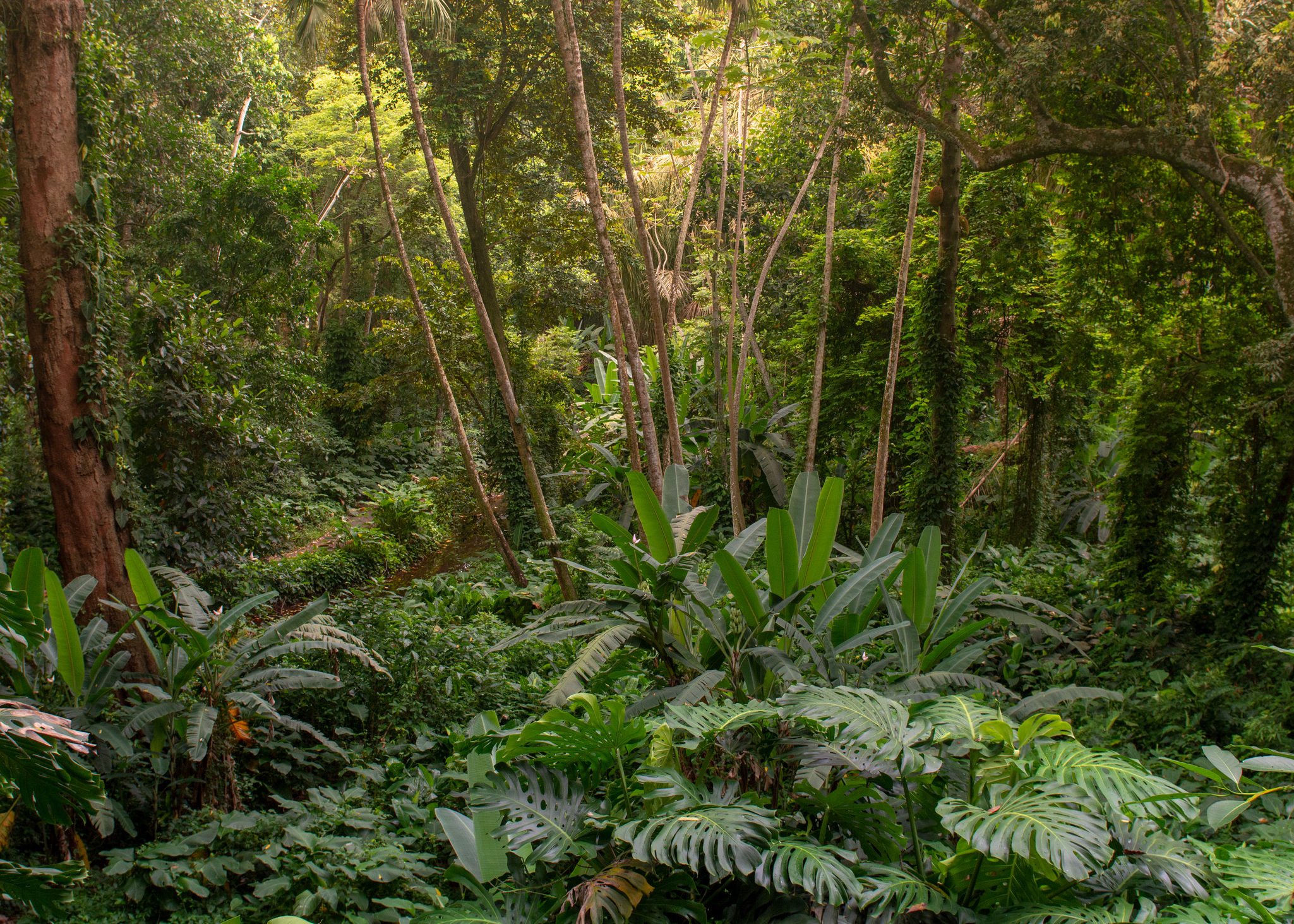Forest Recovery Can Offset Some Tropical Deforestation Emissions, But Not All

 Why you can trust us
Why you can trust us
Founded in 2005 as an Ohio-based environmental newspaper, EcoWatch is a digital platform dedicated to publishing quality, science-based content on environmental issues, causes, and solutions.
As deforestation continues in vulnerable and vital tropical rainforests, the recovery of secondary or degraded forests can play a role in mitigating some of the consequences of forest loss. However, it cannot compensate for that loss altogether.
A new study published in Nature Wednesday found that recovering forests in the Amazon, Central Africa and Borneo had offset the greenhouse gas emissions from slightly more than a quarter of deforestation in those regions over more than three decades.
“Our study provides the first pan-tropical estimates of aboveground carbon absorption in tropical forests recovering from degradation and deforestation,” study lead author Dr. Viola Heinrich, who earned her doctorate at the University of Bristol School of Geographical Science and is now a research associate at the University of Exeter, said in a University of Bristol press release. “While protecting ancient tropical forests remains the priority, we demonstrate the value in sustainably managing forest areas that can recover from human disturbances.”
The carbon storage abilities of tropical rainforests make them an important partner in efforts to mitigate the climate crisis. But in order for this to happen, they need humans to be good partners to them as well. Currently, that is not the case, as deforestation has turned the forests of Southeast Asia into a net carbon emitter and pushed the Amazon rainforest to a precarious tipping point. Only the Congo in Central Africa remains a secure carbon sink.
The new research looked at how the recovery of degraded or secondary forests might help both forests themselves and carbon-removal efforts. Degraded forests are forests that have lost some of their tree cover due to human activity, while secondary forests are forests regrowing in deforested areas, Carbon Brief explained. Together, they now make up around 10 percent of tropical forest cover.
The researchers tracked the growth and carbon sequestration of these recovering forests using two satellite datasets: the tropical moist forest dataset to track degradation from 1984 to 2018 and an aboveground biomass dataset to calculate sequestration. They found that recovering forests sequestered at least 107 million tonnes of carbon per year during the study period, which was 26 percent of what was lost due to deforestation in the three regions during the same time period.
Next, they used models to determine how much these forests could sequester by 2030 if they remained protected through the end of the decade and found that they could sequester 53 million tonnes of carbon per year. However, this depends not only on protection from direct human activities like logging, but also on protection from more extreme climate-fueled weather events like drought or wildfires.
“This is a big issue in the Amazon, where very large fires affect the forest. They lose carbon and the ability to recover it,” study co-author and University of California, Los Angeles, postdoctoral researcher Dr. Ricardo Dalagnol told Carbon Brief.
In addition to storing carbon, preserving these recovering forests can also benefit surrounding ecosystems and communities. For example, in Borneo, degraded forests can help with access to clean air and water and secondary forests can boost biodiversity. The study authors, therefore, called on leaders in tropical nations and globally to make an effort to protect recovering forests.
“Countries have repeatedly made pledges to reduce deforestation and forest degradation and restore deforested areas,” study co-author and University of Bristol Reader in Environmental Science and Policy Dr. Jo House said in the press release.“This is the most cost-effective and immediately available way to remove carbon from the atmosphere, alongside many co-benefits such as biodiversity, flood control and protection of [I]ndigenous peoples’ livelihoods. Yet targets are repeatedly missed due a lack of serious international co-ordinated support and political will. Our research demonstrates that time is running out.”
Subscribe to get exclusive updates in our daily newsletter!
By signing up, you agree to the Terms of Use and Privacy Policy & to receive electronic communications from EcoWatch Media Group, which may include marketing promotions, advertisements and sponsored content.

 233k
233k  41k
41k  Subscribe
Subscribe 




